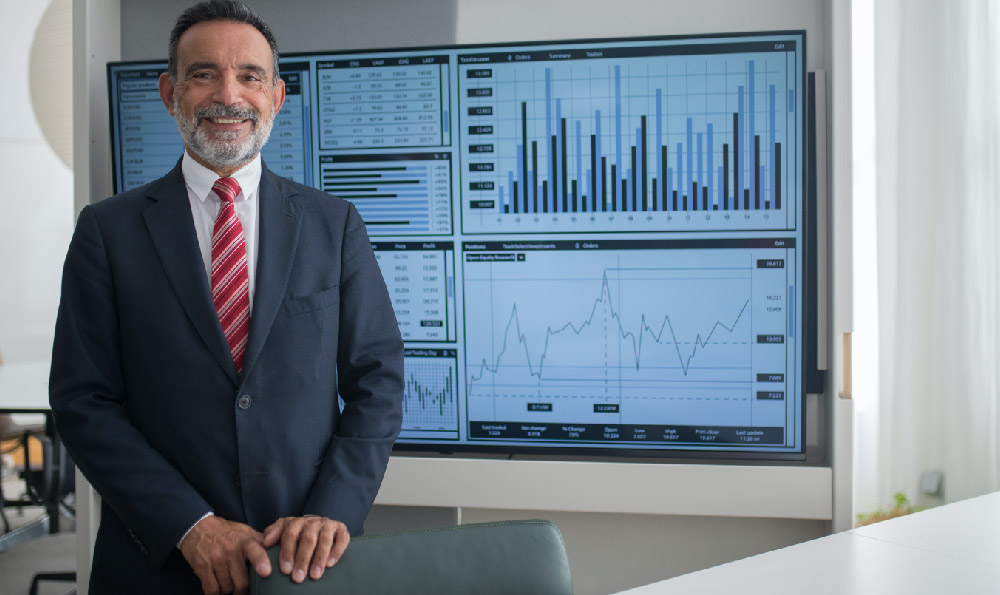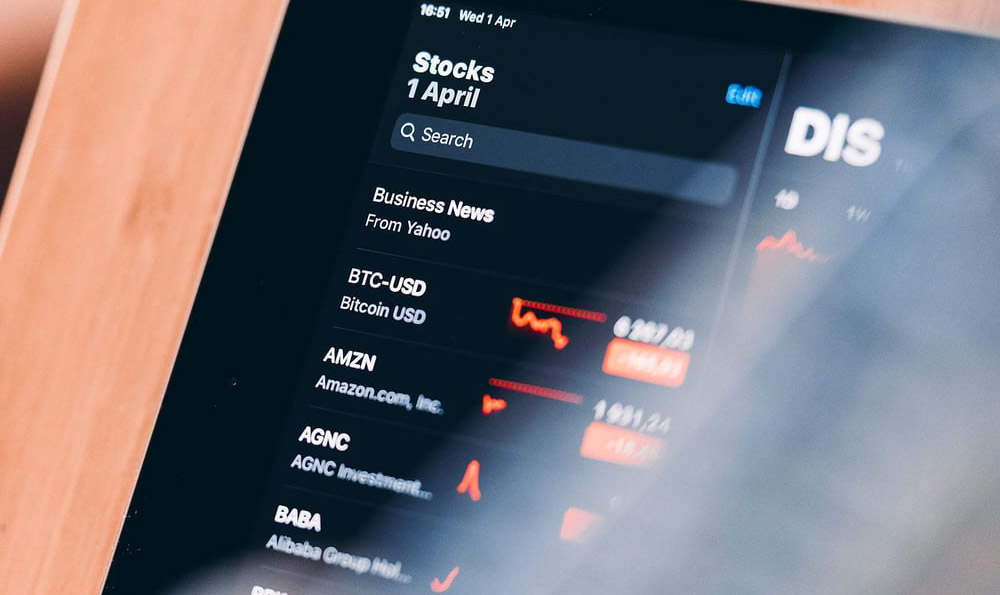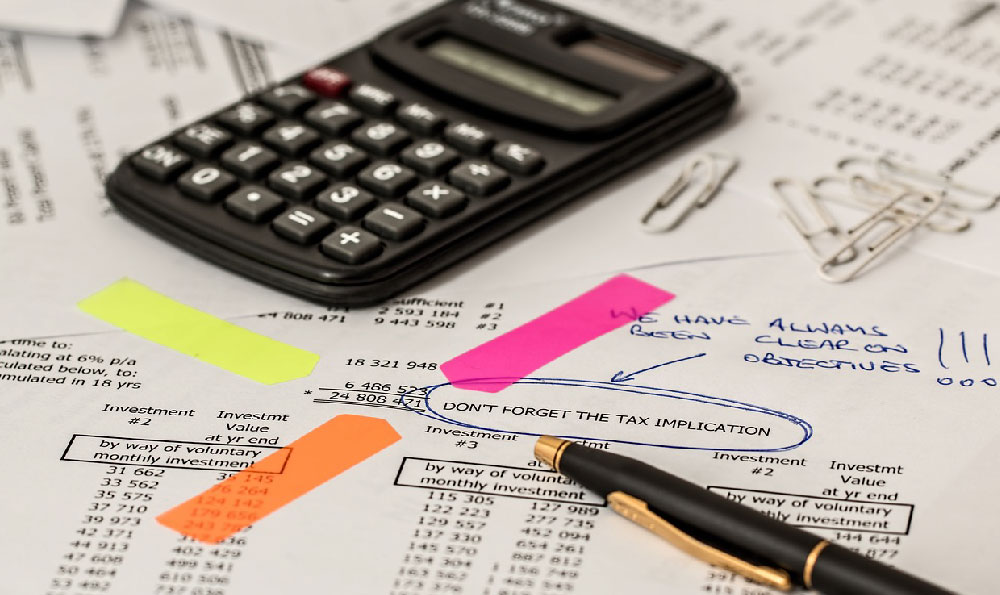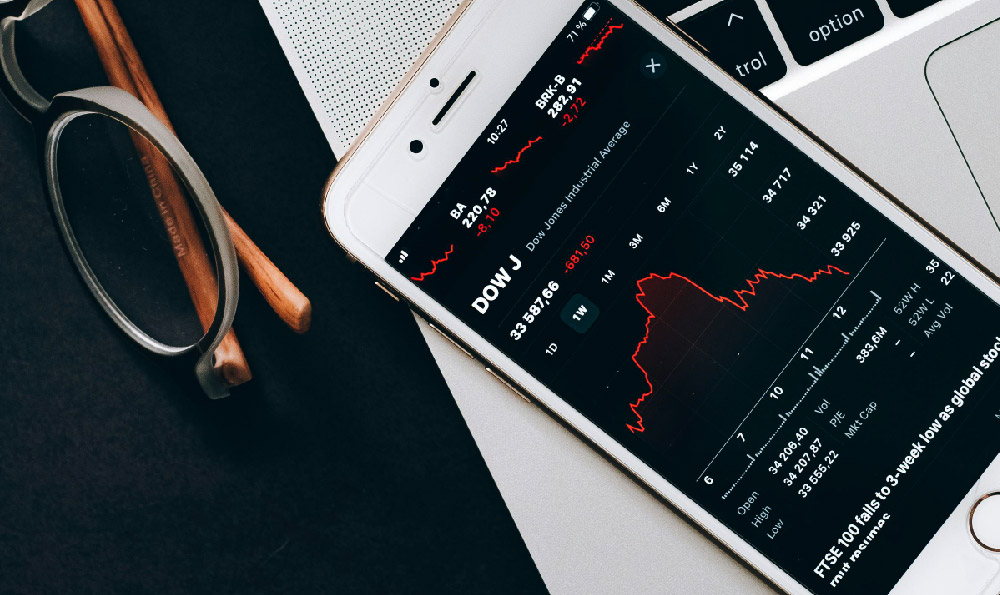how does dubai generate revenue

Dubai's economic landscape is a fascinating tapestry woven from a multitude of diverse sectors, each contributing significantly to the emirate's revenue streams. Nestled in the Arabian Peninsula, this city-state has managed to transition from being heavily reliant on oil exports to becoming a global hub for tourism, real estate, and international trade. The strategic positioning of Dubai as a commercial and cultural nexus has allowed it to flourish with a robust economy, even while adapting to the evolving demands of the global market.
At the heart of Dubai's financial engine lies its tourism industry, a cornerstone that continues to attract millions of visitors annually. The iconic skyline, featuring architectural marvels like the Burj Khalifa and the Palm Jebel Ali, along with world-class attractions such as the Dubai Mall, Dubai Aquarium, and the Dubai Museum, creates a compelling draw for tourists from around the world. Beyond these landmarks, the city’s annual events—ranging from the Dubai Shopping Festival to the Dubai World Expo—have consistently generated substantial revenue, showcasing its ability to remain at the forefront of global tourism. Hospitality infrastructure, including luxury hotels and resorts, further enhances Dubai's appeal, offering high-end services that contribute to the local economy through employment and tourism-related spending.
Real estate is another vital component of Dubai's income generation, driven by both residential and commercial developments. The emirate has cultivated a reputation as a prime location for investing in luxury homes, penthouses, and commercial properties, fostering a vibrant real estate market that offers diverse opportunities. Projects like Downtown Dubai and the Dubai Opera demonstrate Dubai's commitment to creating world-class spaces that not only cater to residents but also attract international investors. The growth of this sector is further amplified by the development of smart city initiatives, which aim to create sustainable living environments while maintaining economic vitality.
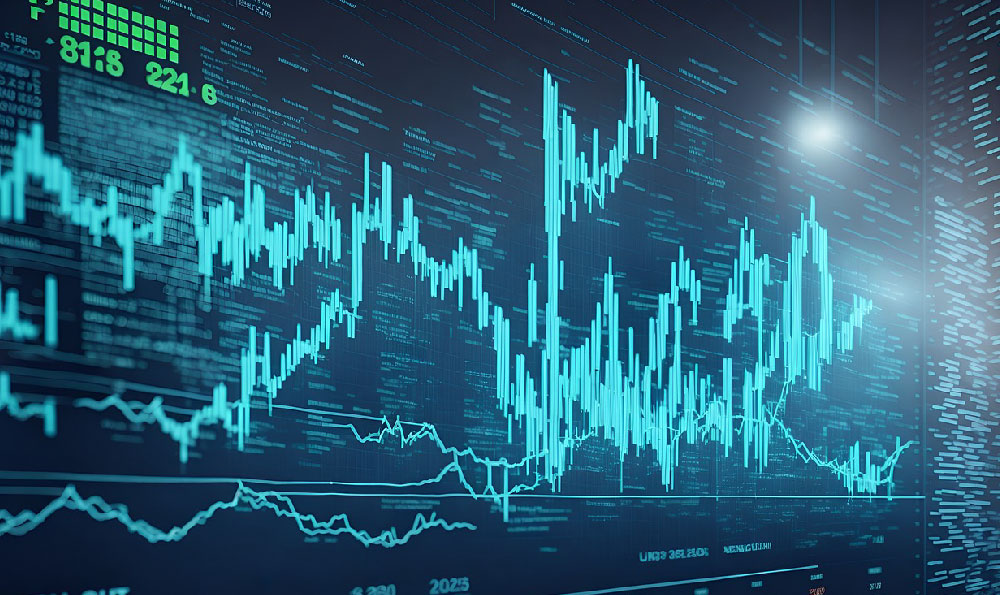
Dubai's role as a global trade hub is underscored by its strategic location between Asia, Africa, and Europe, making it an ideal gateway for international commerce. The Jebel Ali Free Zone (Jafza), one of the largest free trade zones in the world, plays a critical role in this regard, offering businesses a favorable environment with low tariffs and streamlined customs procedures. Additionally, Dubai's port infrastructure, including the Dubai Port Authority, handles a significant portion of the Gulf's maritime trade, contributing to the city's economic strength. The presence of major international exhibitions and trade fairs, such as the Dubai International Fair, further solidifies Dubai's standing in the global market.
The financial services sector has also emerged as a key revenue generator, supported by Dubai's commitment to fostering a business-friendly environment. The Dubai International Financial Centre (DIFC) and the Abu Dhabi Global Market (ADGM) serve as regulatory and economic hubs for financial activities, offering a range of services from banking and insurance to fintech and asset management. These centers have attracted a diverse array of financial institutions, further diversifying Dubai's economy away from oil dependence. The emirate's tax incentives, flexible licensing, and ease of doing business have made it a preferred destination for international financial services, enhancing its global appeal.
Manufacturing and industrial activities are additional pillars of Dubai's economic growth, with the emirate actively pursuing diversification into high-tech industries. Major industrial zones such as Dubai Industrial City (DIC) and Dubai Multi Commodities Centre (DMCC) cater to a wide range of manufacturing sectors, including automotive, aviation, and electronics. These zones offer businesses tailored infrastructure and services, supporting Dubai's aspiration to become a global manufacturing hub. The development of technology-driven industries, such as the Dubai Internet City, reflects the emirate's forward-thinking approach to economic resilience and innovation.
Energy remains a foundational element of Dubai's revenue streams, although the city has increasingly focused on diversifying beyond its traditional reliance on oil and gas. The emirate has invested in renewable energy sources, such as the Dubai Solar Park, which aims to meet a significant percentage of Dubai's energy needs through solar power. Additionally, Dubai's strategic oil and gas infrastructure, including oil refineries and offshore drilling platforms, continues to generate substantial income, supporting both domestic and international energy markets.
Beyond these established sectors, Dubai's innovative ventures and digital economy have also contributed to its financial resilience. The city has embraced technology and digital innovation, with initiatives like the Dubai Blockchain Strategy aiming to revolutionize various industries. The development of smart city projects, such as the Smart Dubai Initiative, underscores the emirate's commitment to leveraging technology for economic growth and sustainability.
Dubai's ability to generate revenue is closely tied to its forward-looking economic policies, which prioritize sustainability, diversification, and innovation. The emirate's focus on developing industries that are less vulnerable to fluctuations in the oil market has allowed it to build a resilient economy. Furthermore, Dubai's investment in infrastructure and technology has enabled it to remain competitive in the global economy, even while navigating the challenges posed by geopolitical and economic shifts.
For investors, Dubai's diverse revenue streams offer a comprehensive range of opportunities across multiple sectors. From the thriving tourism industry to the dynamic real estate market, the emirate provides a stable and promising environment for investment. The presence of a robust financial services sector, combined with a growing manufacturing and industrial base, further enhances the appeal of Dubai as a global investment destination.
As Dubai continues to evolve, its economic model remains a testament to its adaptability and vision. The emirate's ability to generate revenue through a multifaceted approach ensures its sustained growth in the global economy, offering both stability and opportunity for those looking to invest in this vibrant and innovative city-state.
